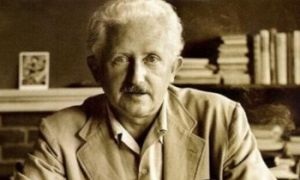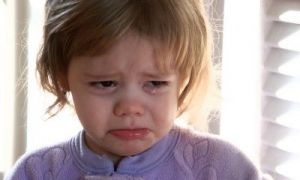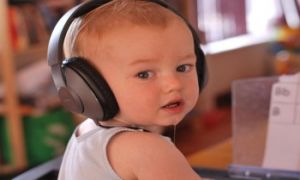Having a solid grasp of developmental stages will help you evaluate children's play and learning effectively. Sound professional knowledge should serve as the foundation for intentional teaching, planning, and evaluation. The following article provides Developmental Milestones 1 - 2 Years Old with Examples Of Links To The EYLF.
Cognitive Development
- repeats actions that lead to interesting/predictable results, e.g. bangs spoon on a saucepan
- points to objects when named
- knows some body parts
- points to body parts in a game
- recognises self in photo or mirror
- mimics household activities, e.g. bathing the baby, sweeping the floor
- may signal when s/he has finished their toileting
- spends a lot of time exploring and manipulating objects, putting in their mouth, shaking and banging them
- stacks and knocks over items
- selects games and puts them away
- calls self by name, uses ‘I’, ‘mine’, ‘I do it myself’
- will search for hidden toys
Examples Of Links To The EYLF
- EYLF Outcome 4: Children are confident and involved learners - Children transfer what they have learned from one context to another. E.g. “Develop ability to mirror, repeat and practice the actions of others, either immediately or later.”
Language Development
- comprehends and follows simple questions/commands
- says the first name
- says many words (mostly naming words)
- begins to use one to two-word sentences, e.g. ”want milk”
- reciprocal imitation of another toddler: will imitate each other’s actions
- enjoys rhymes and songs
Examples Of Links To The EYLF
- EYLF Outcome 5: Children are effective communicators - Children interact verbally and non-verbally for a range of purposes. E.g. “engage in enjoyable interactions with babies as they make and play with sounds.”
Physical Development
- walks, climbs and runs
- takes two to three steps without support, legs wide and hands up for balance
- crawls up steps
- dances in place to music
- climbs onto chair
- kicks and throws a ball
- feeds themselves
- begins to run (hurried walk)
- scribbles with pencil or crayon held in fist
- turns pages of book, two or three pages at a time
- rolls the large ball, using both hands and arms
- finger feeds efficiently
- begins to walk alone in a ‘tottering way’, with frequent falls
- squats to pick up an object
- reverts to crawling if in a hurry
- can drink from a cup
- tries to use a spoon/fork
Examples Of Links To The EYLF
- EYLF Outcome 1: Children have a strong sense of identity - Children develop their emerging autonomy, interdependence, resilience and sense of agency. E.g. “display delight, encouragement and enthusiasm for children’s attempts.”
Social Development
- begins to cooperate when playing
- may play alongside other toddlers, doing what they do but without seeming to interact
(parallel play) - curious and energetic, but depends on adult presence for reassurance
Examples Of Links To The EYLF
- EYLF Outcome 3: Children have a strong sense of well-being - Children become strong in their social and emotional well-being. E.g. “promote children’s sense of belonging, connectedness and wellbeing.”
Emotional Development
- may show anxiety when separating from significant people in their lives
- seeks comfort when upset or afraid
- takes cue from parent or principal carer regarding attitude to a stranger
- may ‘lose control’ of self when tired or frustrated
- assists another in distress by patting, making sympathetic noises or offering material objects
Examples Of Links To The EYLF
- EYLF Outcome 4: Children are confident and involved learners - Children resource their own learning through connecting with people. E.g. “provide opportunities and support for children to engage in meaningful learning relationships.”
Further Reading
Developmental Milestones From 2 Months Old To 5 Years Old - The following provides the developmental milestones from 2 months to 5 years old.
EYLF Learning Outcomes Version 2.0 - The following articles list the 5 EYLF Learning Outcomes and their sub-outcomes (Version 2.0).


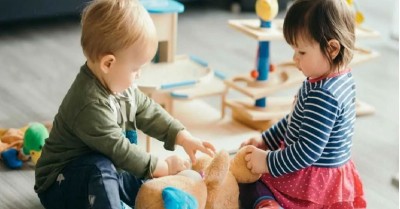
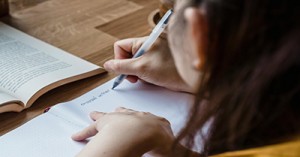
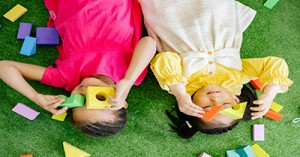
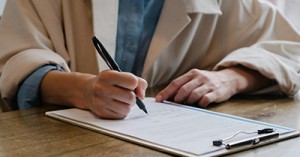
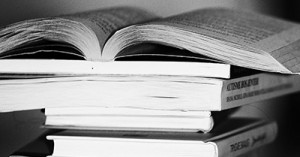
 Toddlers have a greater understanding of the world around them by this stage. Their cognitive development (also known as intellectual development and thinking skills) continues
Toddlers have a greater understanding of the world around them by this stage. Their cognitive development (also known as intellectual development and thinking skills) continues Infants begin to develop trust when parents begin to fulfil their needs. Such as changing an infant's nappy when needed, feeding on request and holding
Infants begin to develop trust when parents begin to fulfil their needs. Such as changing an infant's nappy when needed, feeding on request and holding Beginning at birth the construction of thought processes, such as memory, problem solving, exploration of objects etc, is an important part of an infant’s cognitive
Beginning at birth the construction of thought processes, such as memory, problem solving, exploration of objects etc, is an important part of an infant’s cognitive Toddlers want to do more on their own and do not like it when you begin to establish limits on their behaviour. Tantrums can become
Toddlers want to do more on their own and do not like it when you begin to establish limits on their behaviour. Tantrums can become Your preschooler is now able to focus their attention more accurately and is less influenced by distractions. The intensity of questions increase as your child
Your preschooler is now able to focus their attention more accurately and is less influenced by distractions. The intensity of questions increase as your child John Dewey is often seen as the proponent of learning by doing – rather than learning by passively receiving. He believed that each child was active,
John Dewey is often seen as the proponent of learning by doing – rather than learning by passively receiving. He believed that each child was active, Toddler advance and gains new skills in Gross Motor Development milestones achieved throughout earlier years. Co-ordination and challenges that could not be performed before such
Toddler advance and gains new skills in Gross Motor Development milestones achieved throughout earlier years. Co-ordination and challenges that could not be performed before such Erik Erikson developed a psychosocial theory to understand how we each develop our identities through eight stages of psychosocial development from infancy to adulthood. The
Erik Erikson developed a psychosocial theory to understand how we each develop our identities through eight stages of psychosocial development from infancy to adulthood. The At this point preschoolers begin to interact effectively with others. Play becomes more innovative and organized and “boyfriend” or “girlfriend” begins to emerge. Preschoolers have
At this point preschoolers begin to interact effectively with others. Play becomes more innovative and organized and “boyfriend” or “girlfriend” begins to emerge. Preschoolers have From now, babies begin to identify and respond to their own feelings, understanding other's feelings & needs and interact positively with others. A baby's social and
From now, babies begin to identify and respond to their own feelings, understanding other's feelings & needs and interact positively with others. A baby's social and